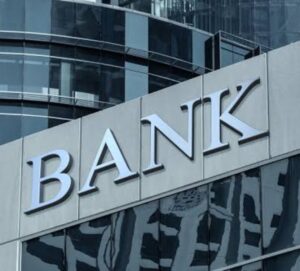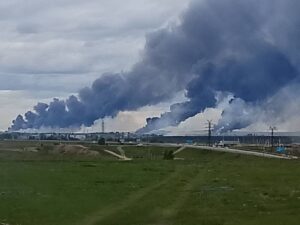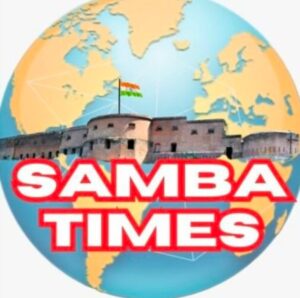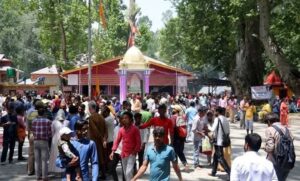MLAs Behavior in Legislative Assemblies and Public Perception
Samba Times Special
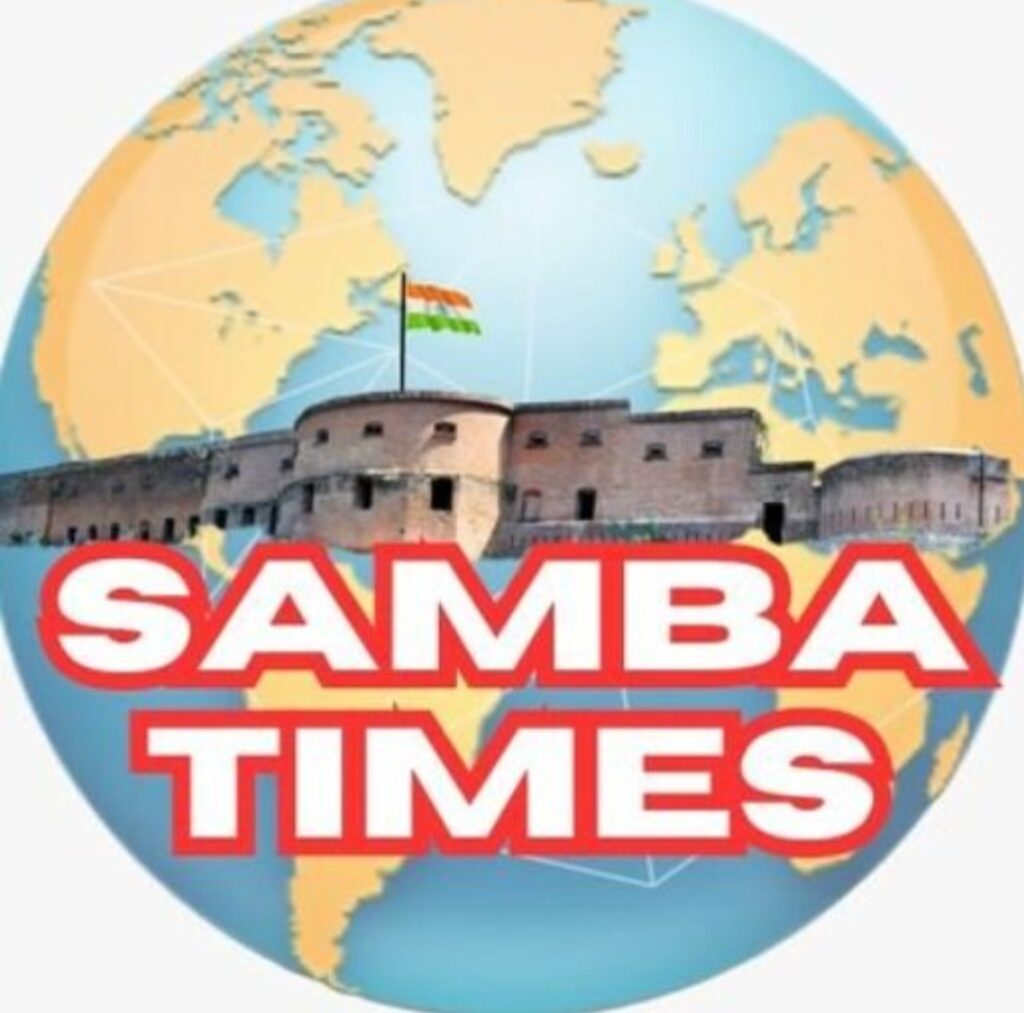
On April 9, 2025, the Jammu and Kashmir Union Territory (JKUT) assembly experienced significant disruption, centered around AAP MLA Mehraj Malik and involving BJP MLAs and PDP leaders. This incident, triggered by Malik’s alleged derogatory remarks about Hindus and past comments on Mufti Mohammad Sayeed, led to physical altercations and a three-hour adjournment, marking the third consecutive day of uproar.
We have a comprehensive analysis of whether such behavior is suitable for MLAs.
The JKUT assembly, formerly a state legislature before the 2019 reorganization into a union territory, has been a focal point for political activity, especially following recent elections and legislative changes. The Waqf (Amendment) Act, recently passed in Parliament with 128 votes in favor and 95 against in the Rajya Sabha after a 17-hour debate, and earlier approved in the Lok Sabha after a 13-hour session, had become a contentious issue.
The opposition, including the National Conference (NC), pushed for its discussion, but the Speaker, Abdul Rahim Lather, declined due to a legal challenge, adding to the volatile atmosphere. Mehraj Malik, an AAP MLA who won the Doda seat in the 2024 assembly elections, defeating BJP candidate Gajay Singh Rana by 4,538 votes now emerged as a outspoken person. His victory was celebrated by AAP leader Arvind Kejriwal as a “grand win against the BJP,” marking AAP’s first MLA in the union territory. His contentious remarks about the BJP MLAs & PDP leader Lat Mufti Mohammed Sayed set the stage for confrontation, which was unexpected given his relatively new political prominence.
Suitability of MLA Behavior
Legislative assemblies are the cornerstone of democracy, where MLAs are expected to engage in constructive debate, represent their constituents, and uphold the dignity of their positions. The behavior exhibited on April 9, 2025, involving physical altercations, threats, and disruption of proceedings, broken glass tables is fundamentally unsuitable for several reasons:
Disruption of Proceedings:
The incident led to a three-hour adjournment, stalling assembly proceedings for the third consecutive day. This wasted valuable time that could have been used to address public issues like unemployment, infrastructure, and regional development.
Undermining Democracy:
Democracy thrives on debate and discussion. When MLAs resort to violence, it undermines the very foundation of democratic governance, portraying the assembly as a battleground rather than a forum for dialogue, Setting a Poor Example:
MLAs are role models for society, especially for the youth
Engaging in violent behavior sets a negative precedent, potentially normalizing such actions and eroding respect for political institutions.
Legal and Ethical Standards:
MLAs are bound by parliamentary rules and ethical standards that prohibit disruptive behavior. Such actions violate these norms and reflect poorly on their ability to govern responsibly. Research suggests that such behavior is detrimental to the functioning of democracy and the public’s perception of elected representatives. It seems likely that maintaining decorum is essential for MLAs to fulfill their legislative duties effectively.
Public Perception
Public perception of such incidents is overwhelmingly negative. The public expects their elected representatives to resolve conflicts through dialogue, not physical confrontations.
Key points regarding public perception include:
Loss of Respect: Incidents like these erode respect for politicians, portraying them as incapable of handling disagreements maturely. This can lead to a broader cynicism toward politics as a whole, with citizens viewing MLAs as power-hungry rather than public servants.
Reinforcement of Negative Stereotypes: The public may see such behavior as reinforcing stereotypes that politicians are more interested in personal or party conflicts than in addressing public issues. This can deepen existing distrust in political institutions, particularly in regions like Jammu and Kashmir, where political stability is already fragile.
Impact on Voter Engagement: Such behavior can discourage voter participation, as citizens may feel their voices are not being represented effectively. This is particularly concerning in Jammu and Kashmir, where political engagement is crucial for regional stability.
Cultural Implications: In a diverse society like India, where communal harmony is vital, inflammatory remarks (like those allegedly made by Malik) can exacerbate social tensions. The public may see such incidents as indicative of deeper societal divides rather than isolated political disputes.The evidence leans toward a significant negative impact on public trust, potentially leading to reduced voter turnout and increased disillusionment with the political system.
Historical Context: Earlier Incidents in the Jammu and Kashmir Assembly
The April 9 incident is not an isolated event; the Jammu and Kashmir Legislative Assembly has a history of disruptions and confrontations. While specific instances of MLAs physically fighting are rare, there have been numerous cases of uproars and adjournments due to political tensions.
November 2024 Article 370 Clash: On November 7, 2024, BJP MLAs clashed with marshals over a resolution demanding the restoration of Article 370. The speaker evicted BJP members for disrupting proceedings, leading to physical altercations and highlighting ongoing tensions within the assembly.
Conclusion
The behavior exhibited by MLAs in the JKUT assembly on April 9, 2025, is unsuitable and detrimental to the democratic process. It disrupts legislative functions, sets a poor example for society, and erodes public trust in politics. Gone were the days when the Bahubali MLS of UP & Bihar even threatened their rivals for death in the assemblies. This horrible practice is is off bygone era. Samba Times wishes that the MLAs of JKUT assembly seem more responsive in this regard.


